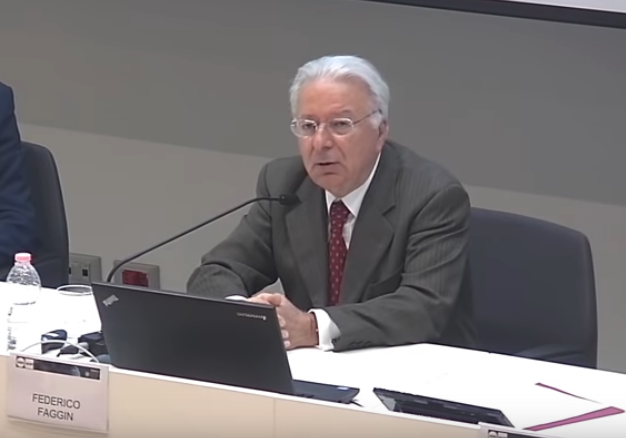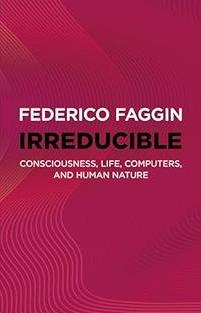|
home | what's new | other sites | contact | about |
||||
|
Word Gems exploring self-realization, sacred personhood, and full humanity
Quantum Mechanics Dr. Frederico Faggin two forms of knowledge, only one is accessed by computers
return to "Quantum Mechanics" main-page
Knowledge of ‘That’ and Knowledge of ‘How’If we accept that a quantum entity knows things in itself that the outside world in principle cannot, what is the nature of what it knows? What is the extra ‘something’ that quantum information contains that classical, bit-based, information cannot portray? D’Ariano and Faggin’s answer is that it is meaning – what they call ‘semantic’ rather than merely ‘symbolic’ meaning. Understanding the difference between these modes of knowing is perhaps difficult for the speaker of English in a way that it is not for the German, the French or the Italian. In these languages there are two words for ‘to know’: in German kennen and wissen, in French connaître and savoir, in Italian conoscere and sapere.[4] The first of each pair refers to knowing through experience; the second to that which is known indirectly by being told or by reading about something. I can tell you that a suitcase weighs 25kg and so you wissen that it is heavy. Then you try and pick it up and now you kennen – comprehend – how the suitcase ‘really’ is heavy. Tellingly in German science is named Wissenschaft. Experiential knowledge is far richer than anything a book can teach you. In picking up the suitcase, heavy becomes meaningful. ‘Without meaning, information is useless’, Faggin writes (p. 83). Indeed, another way of reading this book is that it is Faggin’s heartfelt plea for us to properly acknowledge the essential importance of ‘semantic’ information. Science, as the German name betrays, can only give us meaningless symbolic information. He writes: Scientists […] with their intellect […] have separated the symbol from its meaning and have called reality only the symbolic information. […] Today science is only about symbols [while] spirituality is about meaning. […] If we fail to comprehend the insurmountable difference between symbol-without-meaning and symbol-with-meaning, we confuse the imitation of reality with reality. […] Ontology exists only in the semantic-symbolic reality that cannot be separated. (pp. 198–200) For information to be comprehended as meaningful, consciousness is needed, he explains. Computers can only recognise symbolic information, so AI machines can never experience meaning.
|
||||
|
|

